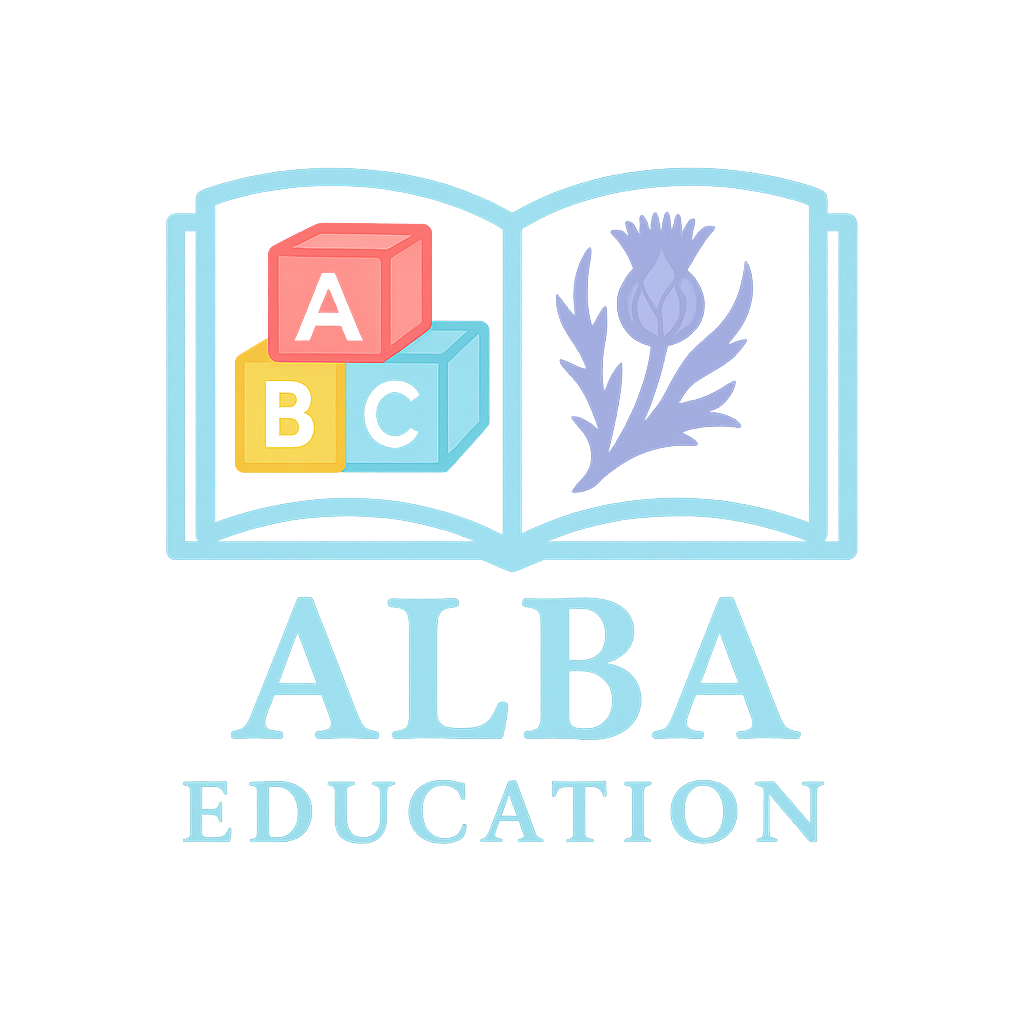Who we are
At the heart of this resource collection is a passionate educator with a deep commitment to helping children thrive in their early learning journey.
I'm a qualified teacher with over a decade of classroom experience, holding an Honours Degree in English Language and Literature and a Postgraduate Diploma in Education (PGDE) in Primary Teaching. Throughout my career, I’ve taught across a range of primary stages, both in mainstream classrooms and one-to-one tutoring, supporting learners with varying needs and abilities.
In addition to my teaching career, I work as a dedicated online and in-person tutor, creating tailored learning experiences that build confidence and spark curiosity. As a mum, I understand the importance of making learning fun, accessible, and meaningful — whether at home or in the classroom.
These resources are designed with real children in mind. Every worksheet and story is grounded in classroom experience, phonics best practice, and a genuine love of literacy. Created by a teacher, trusted by other educators, and enjoyed by children.
Contact us
Flash Freebies!
From time to time, some of our downloadable resources will be available for free during limited-time flash sales.
Want to be the first to know when a flash freebie drops?
Join our mailing list today to stay up to date and give yourself the best chance of grabbing high-quality resources at no cost!
Why Phonics Matters
A phonics-based approach is one of the most effective and evidence-backed ways to teach children how to read and write.
Phonics teaches children to decode words by recognising the sounds (phonemes) that letters and groups of letters make. Instead of memorising whole words, children learn to break words down into manageable sounds — a vital skill that sets strong foundations for reading fluency, spelling, and writing.
Here’s why phonics works:
Builds confidence and independence — children can tackle new words using sound knowledge rather than guesswork.
Supports all types of learners, including those with dyslexia or speech and language needs.
Reinforces listening and memory skills, helping with overall language development.
Tried, tested and trusted — phonics is used in classrooms across the UK and is backed by years of research and successful outcomes.
All of our resources are developed with this approach in mind, providing structured, engaging, and age-appropriate activities that support children on their phonics journey — whether they’re just starting out or needing a little extra practice.
Does Phonics Work with Dyslexic Learners?
Phonics is often essential for learners with dyslexia because it teaches the building blocks of reading — how letters correspond to sounds (phoneme–grapheme correspondence). Many dyslexic learners struggle with these connections, so structured phonics can help fill those gaps.
However:
Some dyslexic learners need a slower, more structured, and more multi-sensory approach to phonics than typical programmes offer.
They may require more repetition, more time, and explicit teaching of rules and patterns that other learners absorb more intuitively.
A traditional, fast-paced synthetic phonics programme on its own may not be enough — they often benefit from approaches like Orton-Gillingham, which is phonics-based but highly tailored and multisensory.
Does phonics work for dyslexia?
Yes — but it often needs to be adapted.
Yes — but some children need additional support, beyond a standard classroom programme.
Yes — as part of a wider approach that includes phonological awareness, memory strategies, reading fluency, and confidence-building.
Why the Phonics Packs Work
This phonics pack has been carefully designed to support early readers using a structured, engaging, and effective approach.
The packs include everything you need to get started with phonics. Flashcards are included for display, repetition, and phonics games, making it easy to introduce and reinforce new sounds in a playful and interactive way.
The accompanying worksheets provide opportunities for extra practice, helping to consolidate learning and build confidence. Each book in the series follows a progressive and repetitive structure, making it ideal for young learners who benefit from familiarity and routine. Follow-up activities are included to extend learning beyond the story and deepen understanding.
Additional downloadable games and worksheets are available on the website to further support phonics learning at home or in the classroom.
This comprehensive approach ensures children are given the tools and support they need to develop strong phonics foundations — all designed by an experienced teacher who understands what really works.
